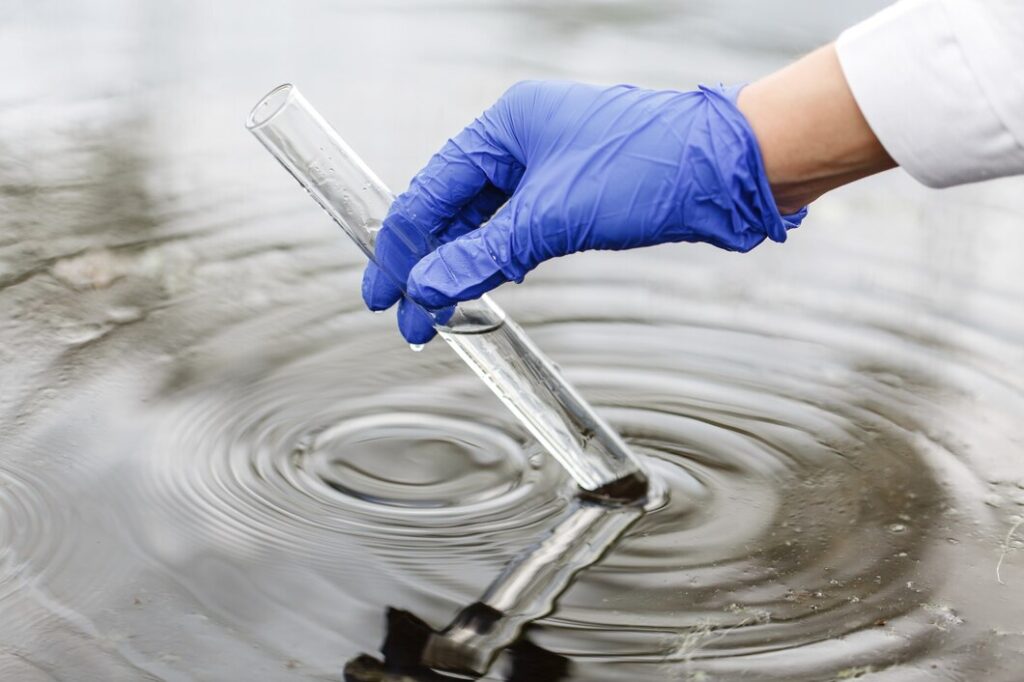Morocco is facing an escalating crisis: chronic droughts and growing pressure on its water resources. With an arid climate and increasing demands for water from agriculture, industry, and a growing population, the country has no alternative but to embrace seawater desalination on a large scale. Among the various desalination methods, Morocco has opted for reverse osmosis technology, a choice driven by energy efficiency and long-term sustainability.
The Water Crisis in Morocco
Over the past decade, Morocco has witnessed significant declines in its freshwater resources. Rainfall patterns have become increasingly erratic, and reservoirs are drying up at an alarming rate. The situation is exacerbated by the overextraction of groundwater and pollution of surface water, which leave many regions with insufficient and poor-quality water supplies.
Agriculture, which accounts for nearly 87% of the country’s water consumption, is particularly vulnerable. The water-intensive farming of crops such as citrus fruits and olives, vital to the Moroccan economy, is now under threat. Urban centers, too, are feeling the impact, with growing populations straining the capacity of municipal water systems.
In some cities, water rationing has already become a harsh reality. Given these challenges, Morocco’s government has recognized the urgent need for alternative solutions to secure the nation’s water future.
Why Reverse Osmosis?
In the face of these challenges, Morocco has chosen reverse osmosis (RO) as its primary desalination technology. RO works by forcing seawater through a semi-permeable membrane, separating salt and impurities from the water. While the process is energy-intensive, it offers several advantages that make it a compelling choice for Morocco:
Energy Efficiency
Modern RO plants consume significantly less energy compared to older desalination technologies, such as thermal distillation. Morocco’s focus on renewable energy, particularly solar and wind, aligns well with RO’s energy needs. By coupling desalination plants with renewable energy sources, the country can reduce operational costs and minimize its carbon footprint.
Scalability
RO technology is highly scalable, making it suitable for both small and large desalination projects. This flexibility allows Morocco to address regional water needs effectively.
Water Quality
The water produced through RO meets international drinking water standards, ensuring a reliable supply of high-quality water for both domestic and industrial use.
Ongoing and Planned Projects
Morocco has already made significant strides in implementing desalination projects. The largest operational plant is located in Agadir, a coastal city heavily reliant on agriculture. This facility, powered by a combination of grid electricity and renewable energy, has a production capacity of 275,000 cubic meters per day, serving both agricultural and urban needs. Plans are underway to expand its capacity to 400,000 cubic meters per day.
Another flagship project is the upcoming desalination plant in Casablanca, which aims to be one of the largest in Africa. With a projected capacity of 548,000 cubic meters per day, the plant will address the water demands of the city’s growing population and industries. Additionally, smaller desalination plants are being developed in regions like Dakhla and Laâyoune, where freshwater resources are particularly scarce.
Building Business Partnerships Through Moroccan Cultural Events
In today’s interconnected world, businesses are constantly searching for innovative ways to establish trust, strengthen networks, and expand their reach....
Hiking Trails in the Middle Atlas Mountains
The Middle Atlas Mountains are often overshadowed by the High Atlas or the Rif, yet they hold some of Morocco’s...
From Passion to Profession: Turning Creative Skills into Income
In Morocco, more young people are transforming their creative talents into careers. Whether it’s photography, calligraphy, fashion design, or digital...
Young Moroccans Abroad: Balancing Wanderlust and Roots
For many young Moroccans, the dream of exploring the world is irresistible. Whether through study, work, or travel, living abroad...
Challenges and Opportunities
While desalination offers a viable solution, it is not without challenges. The high initial investment required for desalination plants is a significant barrier, particularly for a developing economy like Morocco. Moreover, the environmental impact of brine discharge—a byproduct of the desalination process—poses risks to marine ecosystems if not properly managed.
To mitigate these issues, Morocco is exploring innovative approaches. For instance, brine management strategies, such as dilution and repurposing for industrial applications, are being studied. Additionally, Morocco’s commitment to expanding its renewable energy capacity is crucial to reducing the environmental and financial costs of desalination.

A Blueprint for the Future
As Morocco embraces desalination to tackle its water crisis, it serves as a model for other arid nations facing similar challenges. The integration of renewable energy with advanced desalination technology not only ensures water security but also supports the country’s broader goals of sustainable development.
By investing in seawater desalination and innovative solutions, Morocco is turning its water scarcity into an opportunity for growth and resilience. As these efforts continue, the country is poised to secure a more sustainable and water-abundant future for its people and economy.
















Discussion about this post